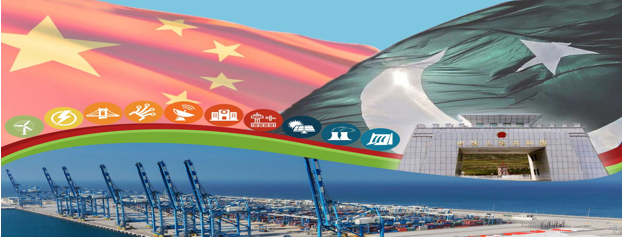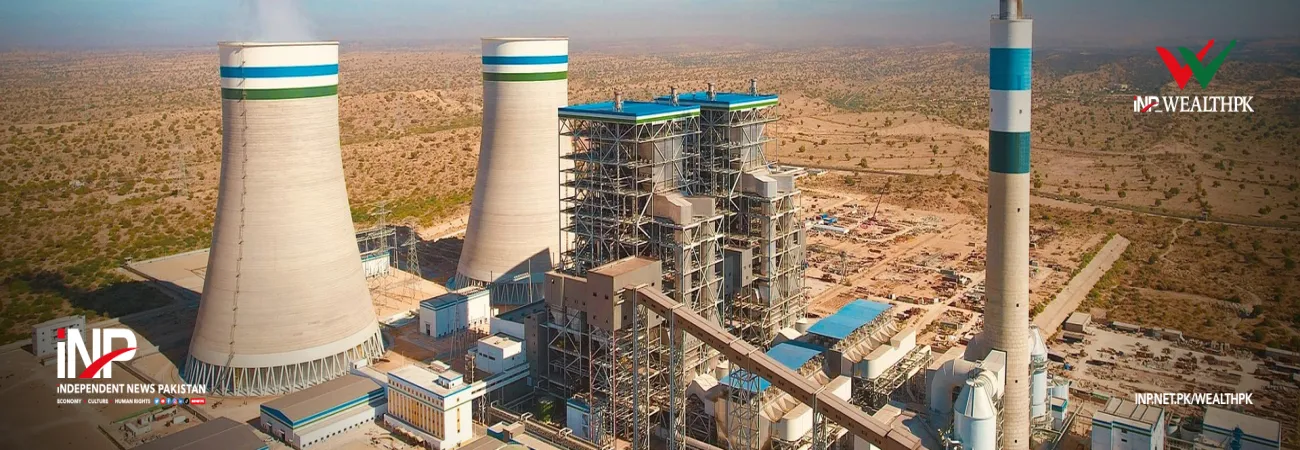i INP-WEALTHPK
Ayesha Saba
The success of China-Pakistan Economic Corridor relies on structural reforms in energy accessibility, affordability and sustainability. “Without addressing circular debt and tariff mismanagement issues, Pakistan risks losing CPEC's full economic potential,” pointed out Dr Hassan Dawood Butt, former project director of CPEC and senior adviser at the Sustainable Development Policy Institute (SDPI).

Talking to WealthPK, he noted that policymakers must prioritise energy reforms to drive long-term industrial growth. Butt highlighted that although CPEC has introduced coal, hydropower and renewable energy projects, financial mismanagement within the power sector remains a pressing concern. He added that the circular debt, which has ballooned over the years, continues to destabilise the sector, discouraging both local and foreign investors.
He explained that inefficiencies in power distribution and tariff structures have made electricity costly and unreliable for businesses. "The issue isn’t just about generating more power; it’s about ensuring efficient transmission and cost-effective pricing. If these fundamental problems persist, industrial growth will remain constrained," he asserted.
“The mismatch between power generation costs and consumer affordability has led to recurring financial crisis within the sector, forcing businesses to bear high operational expenses,” he said, adding that tariff mismanagement further exacerbates the issue, making electricity unaffordable for industries while discouraging investment in new ventures. “Pakistan’s industrial sector, which should be a primary beneficiary of CPEC’s energy projects, continues to face fluctuating power costs and supply shortages,” Butt pointed out.
“High electricity prices have made production less competitive, affecting both domestic manufacturers and exporters. Many businesses are forced to rely on alternative, more expensive power sources, further increasing their costs,” he added. The SDPI senior adviser said that a transparent and rationalised tariff policy is essential for fostering industrial expansion. “Without addressing inefficiencies in pricing mechanisms and subsidies, CPEC’s energy infrastructure may fail to deliver sustainable economic benefits,” he noted.
“To ensure long-term energy security and industrial growth, a strategic shift toward indigenous and renewable energy sources is a must. Overreliance on imported fuels has made Pakistan’s energy sector vulnerable to global price fluctuations, increasing the cost burden on businesses and consumers alike,” the former CPEC project director noted. Butt emphasised that the current situation underscores the delicate balance policymakers must strike between generating revenue and fostering economic growth, especially in light of CPEC’s ambitious goals.
“A diversified and sustainable energy mix is crucial for reducing costs and ensuring supply reliability. If Pakistan does not prioritise domestic energy sources, industrial expansion under CPEC will remain limited." Investments in energy storage solutions and modernising distribution networks are also necessary to improve efficiency and reliability, he added.
Credit: INP-WealthPk









